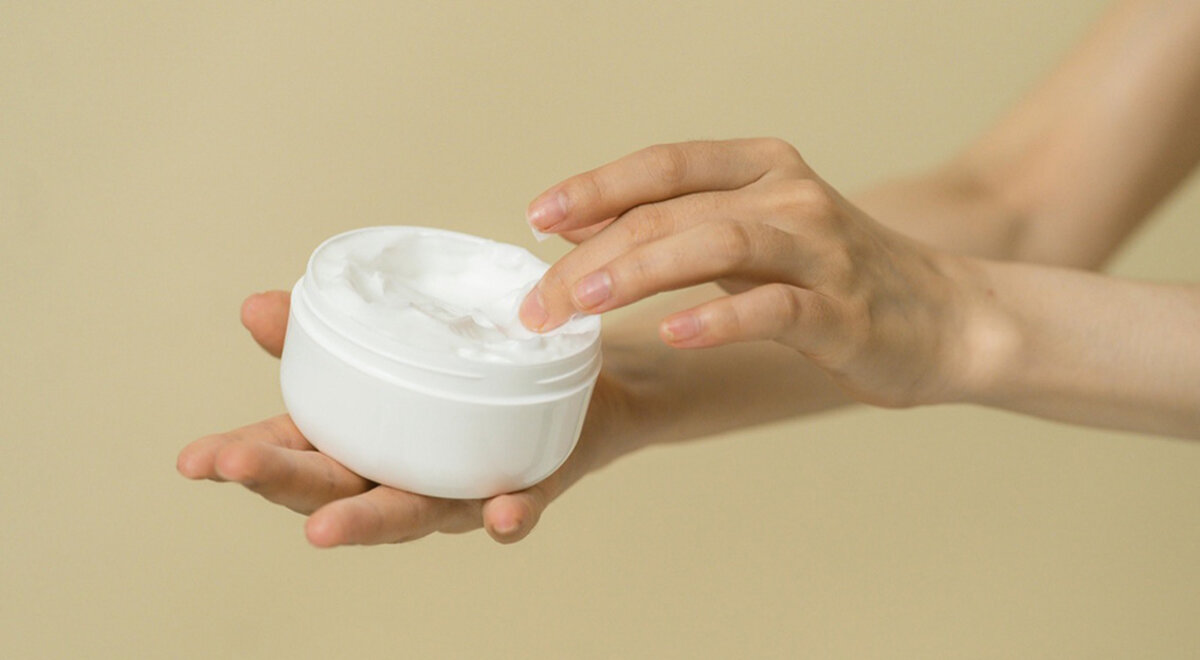Clinically Tested: evidence of efficacy
'Clinically tested' means that a product has undergone controlled studies to evaluate its performance and effectiveness. These studies are typically:
- conducted in a clinical setting under the supervision of medical professionals or trained researchers.
- designed to measure results using scientific tools and methodologies, such as hydration meters, wrinkle-depth analysis or elasticity tests; and
- structured with defined sample sizes and protocols and are placebo controlled.
Products labelled 'clinically tested' must support their claims with measurable data. For example, a brand may state: ‘Proven effectiveness: reduction in wrinkle depth in 90% of cases.’
Dermatologically Tested: assurance of safety
A “dermatologically tested” product has been reviewed and tested by a dermatologist to confirm that it is safe to use on skin. These tests focus on:
- Irritation and tolerance, to ensure the product is unlikely to cause adverse reactions under normal use.
- Skin sensitivity; testing on volunteers, including those with sensitive skin, to check for any adverse effects. In some cases, the tape-strip method is used: a special adhesive tape is gently applied to non-sensitive skin and then removed to simulate sensitivity, before the product is applied.
Unlike clinical testing, dermatological testing does not measure a product’s performance; it confirms that the product is safe and gentle on the skin. This process aims to reassure consumers that the product has been tested on volunteers under the supervision of a qualified skin health expert.
Why Both Matter
Today, consumers expect skincare products to be both effective and safe. The label 'clinically tested' indicates that a product's performance has been evaluated, while 'dermatologically tested' shows that it has been assessed by a skin health expert and tested on participants. Together, these labels demonstrate that a product has undergone thorough examination from three perspectives: results, safety, and responsibility.
By investing in both types of testing, companies such as the Mibelle Group demonstrate their commitment to providing skincare solutions that combine scientific innovation with consumer trust.







